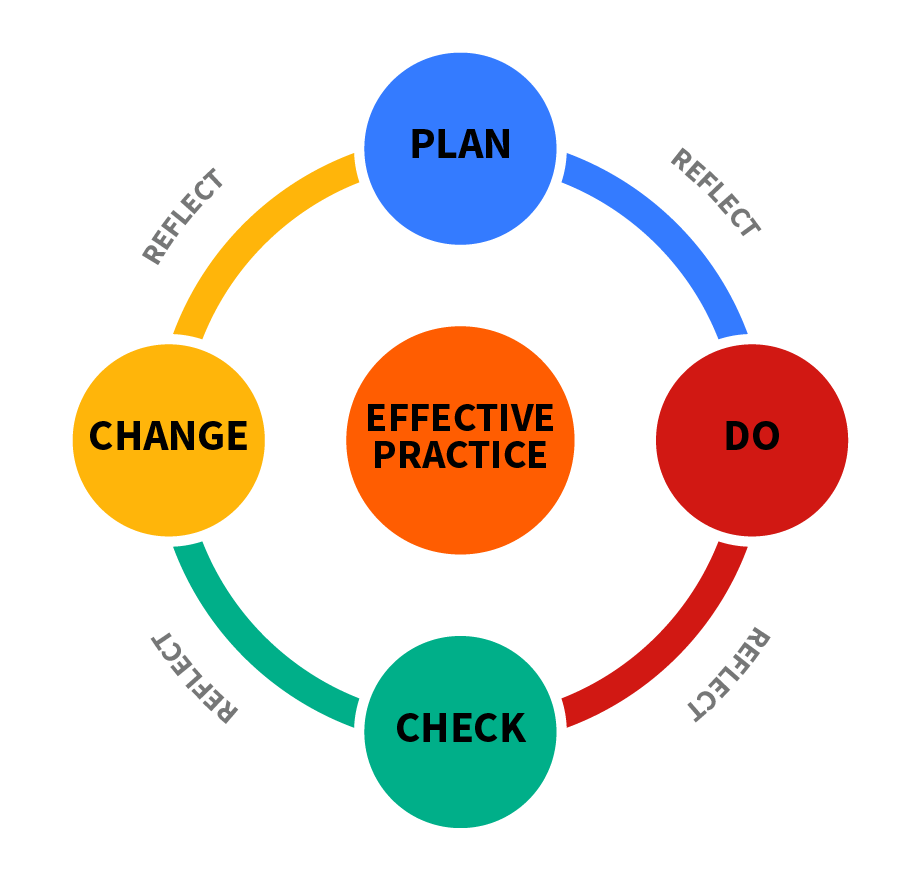The world is too complex for us to get things right first time. So what matters is the speed at which we adapt and learn.
 |
| Image from wikimedia commons |
"I am tempted to say that whatever doctrine the armed forces are working on now, they have got it wrong. I am also tempted to declare that it does not matter. What does matter is their ability to get it right quickly, when the moment arrives......When everybody starts wrong, the advantage goes to the side which can most quickly adjust itself to the new and unfamiliar environment and learn from its mistakes."In a complex and changing environment, it is the agile and the adaptive who survive. This is as true in the marketplace as it is on the battlefield. Planning is essential, but plans are not enough. No plan of battle ever survives contact with the enemy, and no commercial strategy or marketing plan survives contact with the market, the customer and the competition.
If Howard is right for business as well as for the Military and that the advantage goes to the organisation that most quickly learns from its mistakes, then Knowledge Management and Organisational learning is a survival strategy.
An organisation must be confident enough to embark into the unknown, prepared to modify or even abandon processes, practices and plans, based on focused and high-quality learning. Knowledge Managers must attend to
- Increasing the clock speed" of organisational learning
- Removing the waste from the knowledge supply chain
- Maximising signal to noise in knowledge transfer, and
- Bursting the knowledge bubbles.
An organisation can then learn it's way forward in an agile way, learning from mistakes and successes, "sounding the way forward" to find the safe passage.
Knowledge has a shrinking half-life, and where knowledge has a short half-life, Knowledge Management is not about documenting and protecting "what you know", it is about how fast you can know something new, and how easily you can let go of the old. That's what will win you the battle with the competition.
Colonel Ed Guthrie of the US Army used to liken it to the aerial dogfights in world war 1.
So whatever your business plan is, it's wrong, and it does not matter. What does matter is your organisations ability (enabled by Knowledge Management) to quickly adjust itself to the new and unfamiliar environment and learn from its mistakes and successes.
Colonel Ed Guthrie of the US Army used to liken it to the aerial dogfights in world war 1.
"In those days" he used to say, "It was about getting inside the other guy's turning circle. That's what would win you the engagement. Now it's about getting inside the other guy's learning circle."
So whatever your business plan is, it's wrong, and it does not matter. What does matter is your organisations ability (enabled by Knowledge Management) to quickly adjust itself to the new and unfamiliar environment and learn from its mistakes and successes.




No comments:
Post a Comment